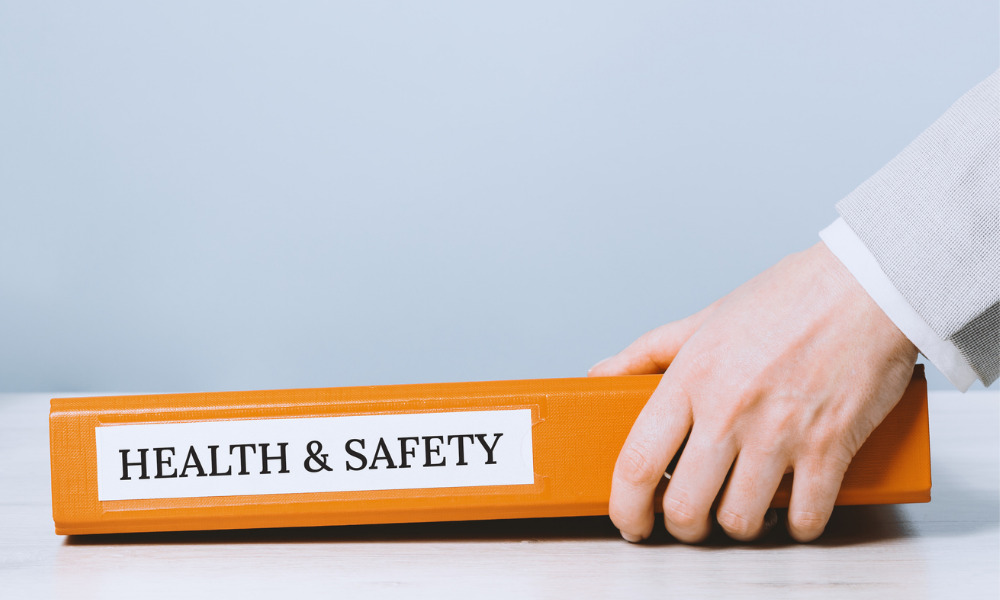The Bill, which amends the Occupational Health and Safety Act, recently received Royal Assent – so what now?

On April 11, 2022, Bill 88, Working for Workers Act, 2021 [1] (“Bill 88”) received Royal Assent and became law. Bill 88 introduces key legislative changes to the Occupational Health and Safety Act, including in respect of fines applicable for convictions under the Act.
Changes to Maximum Fine Amounts
Bill 88 includes amendments to fine amounts for convictions related to contraventions or non-compliance with the Act and its regulations.
Perhaps the most significant change to fine amounts, is the increase in the maximum fine for officers or directors to $1.5 million, from $100,000. This is the same maximum fine that may be imposed for corporations. In addition, the maximum fines for individuals (other than directors and officers), is raised 5-fold to $500,000 from $100,000.
The amendments also include a new provision that lists ten (10) aggravating factors to be considered in determining a penalty under the Act. These factors include offences resulting in the death, serious injury or illness of a worker and defendants that have a prior conviction, or a record of prior non-compliance with the Act or the regulations, or offences involving an element of moral blameworthiness to the defendant’s conduct.
Historically, fines imposed against individuals have been significantly lower than the fines imposed against corporations. It is also not uncommon for charges to be resolved by way of a guilty plea from a corporation in exchange for a withdrawal against an individual. However, these amendments suggest that the legislature wants tougher fines imposed on individuals, particularly those that may treat workplace injuries as a cost of doing business. These changes may also mean that we see more charges laid against senior executives of corporations.
These amendments reinforce the importance of taking steps to ensure a safe workplace and working conditions for workers by developing and implementing an occupational health and safety management system to prevent incidents and occupational diseases.
Increase to Limitation Period
The limitation period for commencing a prosecution is also increased from one year to two years for a violation under OHSA. Ontario now joins other Canadian jurisdictions that have two-year limitation periods, including the federal sector, British Columbia, Alberta and Nova Scotia.
In our experience, it is not uncommon for prosecutors to wait to lay charges until the limitation period has almost expired. Unfortunately, this means that employers and individuals at risk of prosecution due to a workplace incident, may wait a full two years, before knowing whether or not charges will be laid.
The changes to the fine amounts and limitation period will be in force on July 1, 2022.
Provision of Naloxone Kits
The amendments to the Act will require employers to provide and maintain naloxone kits when an employer becomes aware, or ought reasonably to be aware, that there may be a risk of a worker having an opioid overdose at the workplace. Naloxone is a medication that can temporarily reverse the effects of an opioid overdose, restore breathing and allow time for medical help to arrive.
The amendments require the kits to be in the charge of a worker trained on how to recognize an opioid overdose, how to administer naloxone and the hazards related to the administration of naloxone. The amendments mean that workplaces in high-risk settings, will now be a venue to address opioid overdose. Having naloxone kits available in the workplace, may also reduce the stigma associated with carrying a naloxone kit, and more importantly save lives [2].
The amendments related to naloxone kits will come into force on a day to be named by proclamation of the Lieutenant Governor. Whether or not the government intends to provide guidance to employers about how to assess the risk of a worker having an opioid overdose at work, remains to be seen.
Cathy Chandler is a paralegal at Fasken in Toronto, with expertise in OHS and workers’ compensation law, she provides consulting, training and litigation support for organizations across Canada.
[1] Government of Ontario, “Working for Workers Act, 2022”.
[2] Dwyer, K., Walley, A. Y., Langlois, B. K., Mitchell, P. M., Nelson, K. P., Cromwell, J., & Bernstein, E. (2015). Opioid education and nasal naloxone rescue kits in the emergency department. The western journal of emergency medicine, 16(3), 381–384. https://doi.org/10.5811/westjem.2015.2.24909






